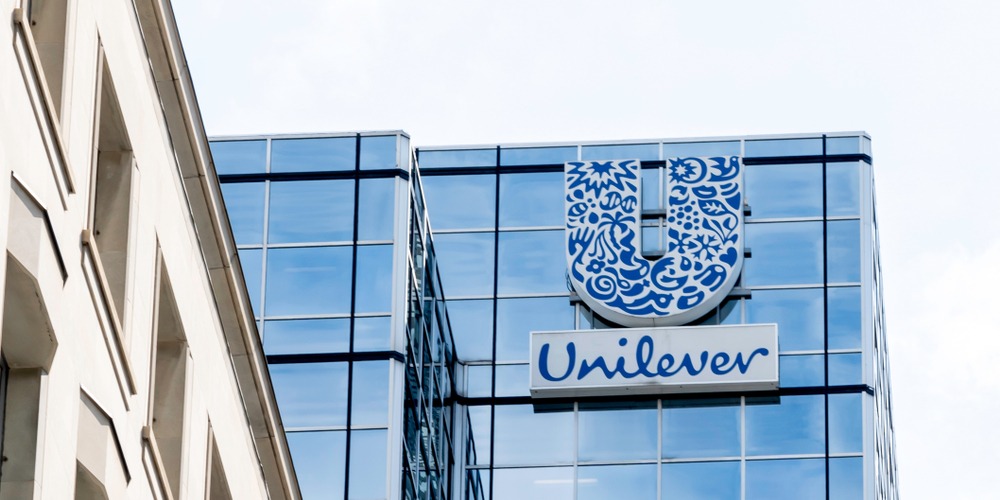Unilever opens halal research centre in Indonesia as global reference for Muslim markets
JAKARTA – Consumer goods manufacturer PT Unilever Indonesia announced in early April a Muslim Center of Excellence as the global company’s research hub for halal products.
The Indonesia-based Muslim Center of Excellence will be the reference for Unilever’s global market of 180 countries, the company’s Indonesia President Director Ira Noviarti said at a virtual press conference.
She added that the company chose Indonesia based on its 87 years of operations in the Southeast Asian nation and its captive and growing Muslim consumer market.
Unilever global competitor Nestlé Group positions Malaysia as its global Halal Center of Excellence.
Rizki Raksanugraha, Unilever Indonesia Director of Supply Chain, told Salaam Gateway the FMCG giant will run a Halal Collaboration Hub as part of the center.
“In its operations, the Halal Collaboration Hub will collaborate with six Unilever research centres globally,” Rizki said, declining to give further details.
The Halal Collaboration Hub will work with Unilever’s global network on technology and innovation and access information from product development, creation and consumer testing.
“Through this facility, Unilever MCOE is expected to create a blueprint that is useful for Muslim markets and increase export volume to many countries,” said Rizki.
The new center is supported by the government’s National Islamic Economy and Finance Committee (KNEKS), the oversight agency for Indonesia’s Shariah Economy Masterplan 2019-2024 (MEKSI) that details how to develop the country’s Islamic sectors.
Afdhal Aliasar, KNEKS Director of Halal Product Industry, told Salaam Gateway the government expects more research on halal products to emerge from the new center as well as the development of alternatives for non-halal materials and import substitutions of raw materials to strengthen Indonesia’s halal value chain.
Afdhal said KNEKS will support Unilever and any other global company that contributes to the development of the halal value chain.
“KNEKS will provide input for industrial development and at the same time listen and get feedback on what industry players need,” Afdhal explained the government’s role.
“The feedback will then be processed by KNEKS as input for recommendations to the government’s Shariah economy development policies.”
Unilever will keep an internal Muslim Advisory Board as a connection to millions of Muslims on the ground. The Board includes representatives of national organizations such as the Dewan Masjid Indonesia (Mosque Board of Indonesia), BAZNAS (the zakat management body), and Majelis Pembina Kesehatan Umum PP Muhammadiyah (the public health section of Indonesia’s second-largest Muslim society).
Unilever Indonesia’s net sales of 42.97 trillion rupiah ($2.95 billion) last year was almost flat with the 42.92 trillion rupiah it earned in 2019. 95.78% was earned domestically and exports made up the rest.
The Tangerang-based company reported profit of 7.16 trillion rupiah ($492 million) for full-year 2020, down from 7.39 trillion rupiah in 2019.
Globally, UK-headquartered Unilever posted underlying sales growth for 2020 of 1.9%. Its turnover of 50.7 billion euros ($60.78 billion) was 2.4% lower than for 2019. Its net profit of 6.1 billion euros ($7.31 billion) is a 0.8% nudge up from 2019.
In its earnings report released in February, Unilever said growth was driven by hand and home hygiene products, laundry and in-home food and refreshments. Food solutions and out-of-home ice cream sales declined, impacted by channel closures caused by the COVID-19 pandemic.
Beauty and personal care was its biggest earner in 2020, followed by foods and refreshment, and home care.
Among big Islamic markets, Indonesia grew slightly although it dropped in the fourth quarter, and Turkey grew in both volume and price driven by home care and ice-cream.
Lipton, Ben & Jerry’s, Dove, Vaseline, Rexona, Cif and Persil are among Unilever’s global brands.
© SalaamGateway.com 2021 All Rights Reserved

